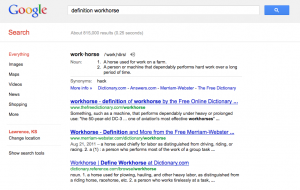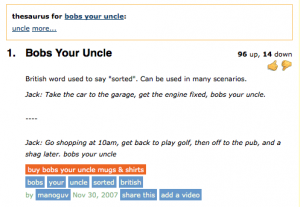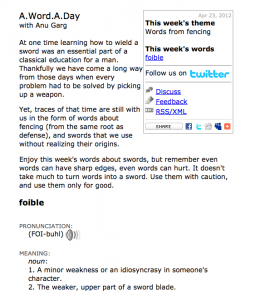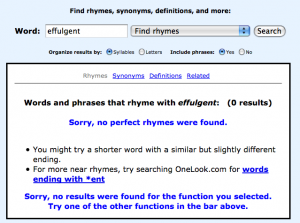Without a doubt my favorite point of view to write in is third person past tense. I especially like to write in the style where you can see inside one person’s thoughts, whoever the main character is. I know that’s not omniscient because omniscient is being able to see everyone’s thoughts. And I know it’s not limited because limited is where you can only see what people do, not what they think. So I’m not sure what this point of view is called, but it’s the only way I write.
OK, I just went and looked up the wikipedia entry for Narrative Mode. It describes my standard point of view as being “Third person, subjective, limited.” Third person because my narrator never uses the words I or we. Subjective because one or more characters feelings and thoughts are described. Limited because the narrator cannot describe things unknown to the focal character. If someone has a different opinion on how the narrative mode of my writing should be classified, then I’m all ears.
I have deliberately tried other points of view. For example, I wrote a pretty long piece of short fiction (around 10,000 words) in present tense. A lot of the feedback I got on that was that my readers thought it should be a screenplay. This feedback made me wonder how much point of view affects how the story is received by the reader. Maybe different types of stories would work better with different narrative modes. Maybe if one were writing a thriller, the present tense would help elicit the feeling that the events of the story are unfolding before the readers eyes.
The idea that narrative mode affects how the story is received goes for point of view as well as tense. I did an experiment for a while where I only read memoirs. Reading that many memoirs in a row had a weird residual effect. Immediately after reading all those memoirs, I read a novel told in first person, Survivor by Chuck Palahniuk. Even though the story is completely unbelievable, and the characters are outrageous, I had a difficult time remembering that it was was fiction. I don’t write in first person but I suspect that it may engender more empathy in the reader kind of like how my use of present tense made readers think they should be seeing events in movie form.
Hmmm. It would be funny to write an entire story in the future tense. But would it really be taking place in the future or would it sound like a bunch of prophecies from the present? What about languages that have other tenses and perspectives which English does not have? Anyone have any experience with that? Are there any points of view which are impossible to translate into English?
So, anyway. I just don’t spend a lot of time thinking about that stuff. Maybe I should. I’ll set a challenge for myself to write a different flash fiction piece in each narrative mode anyone suggests to me. So comment away, here’s your chance to throw down the gauntlet!





